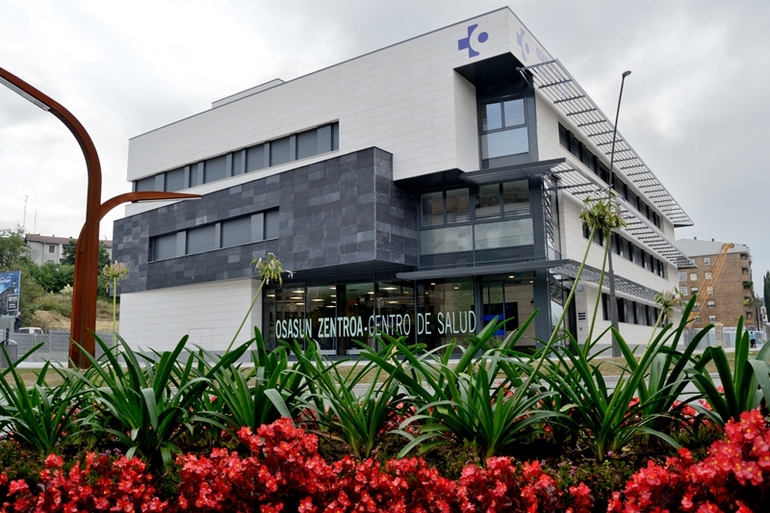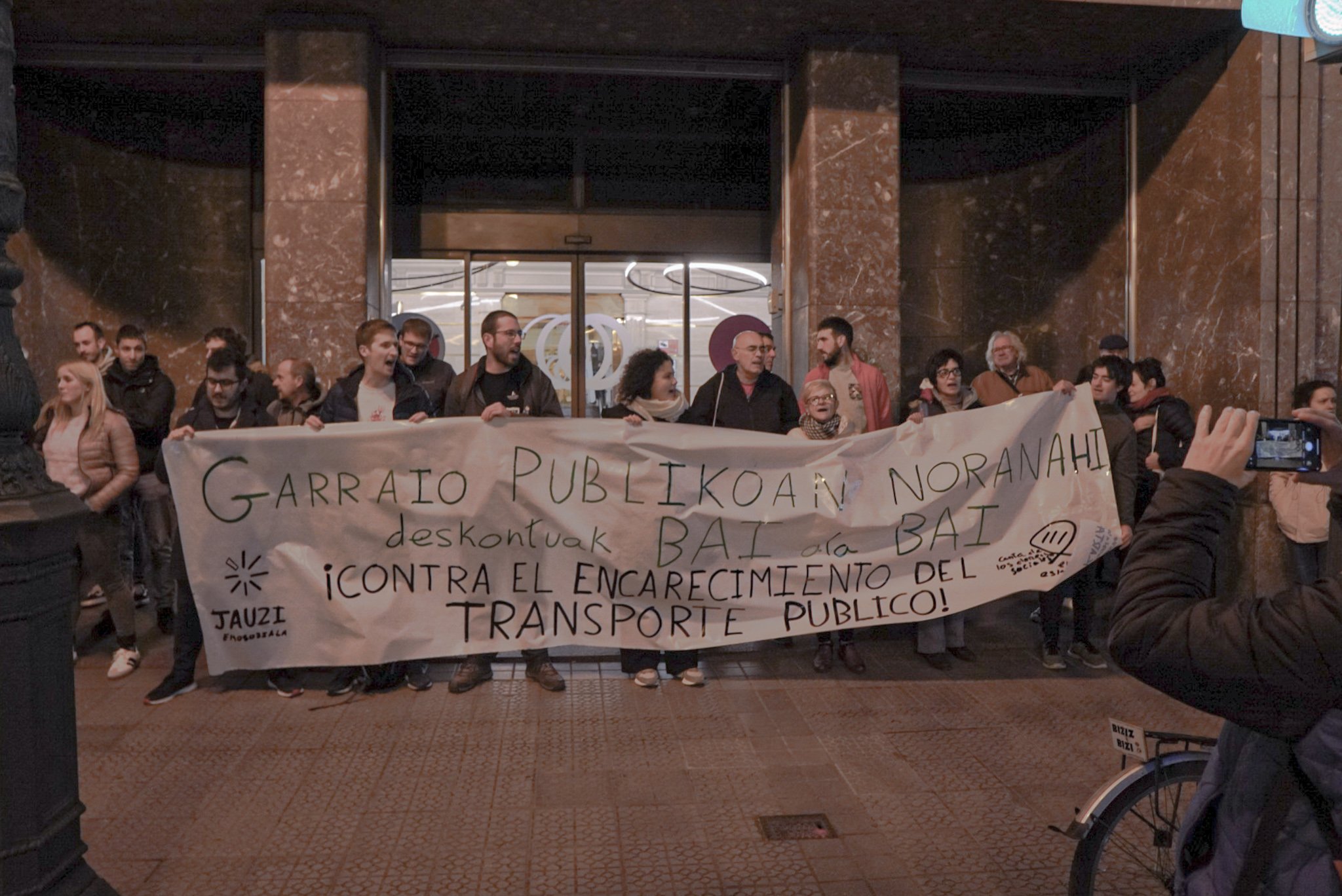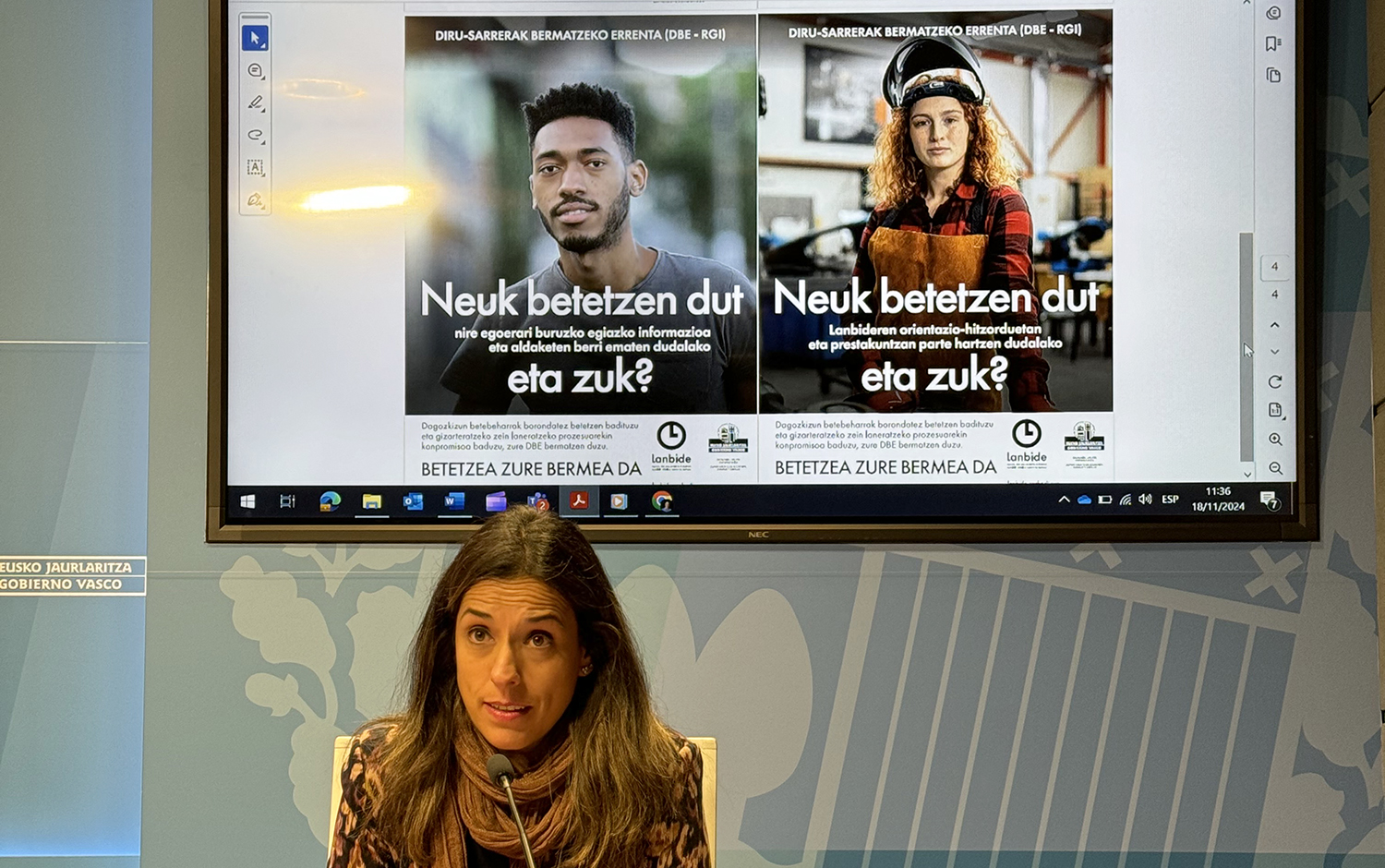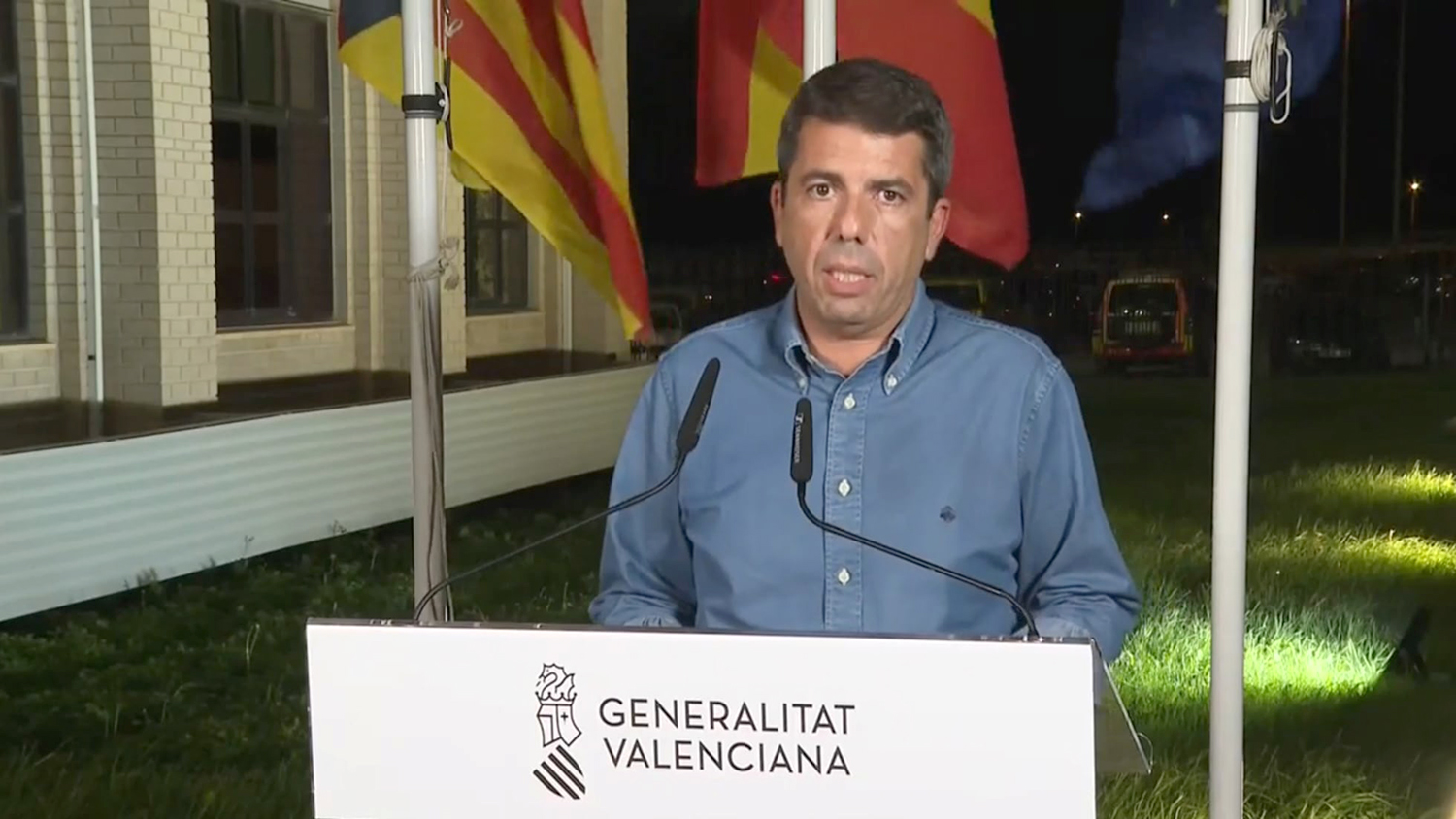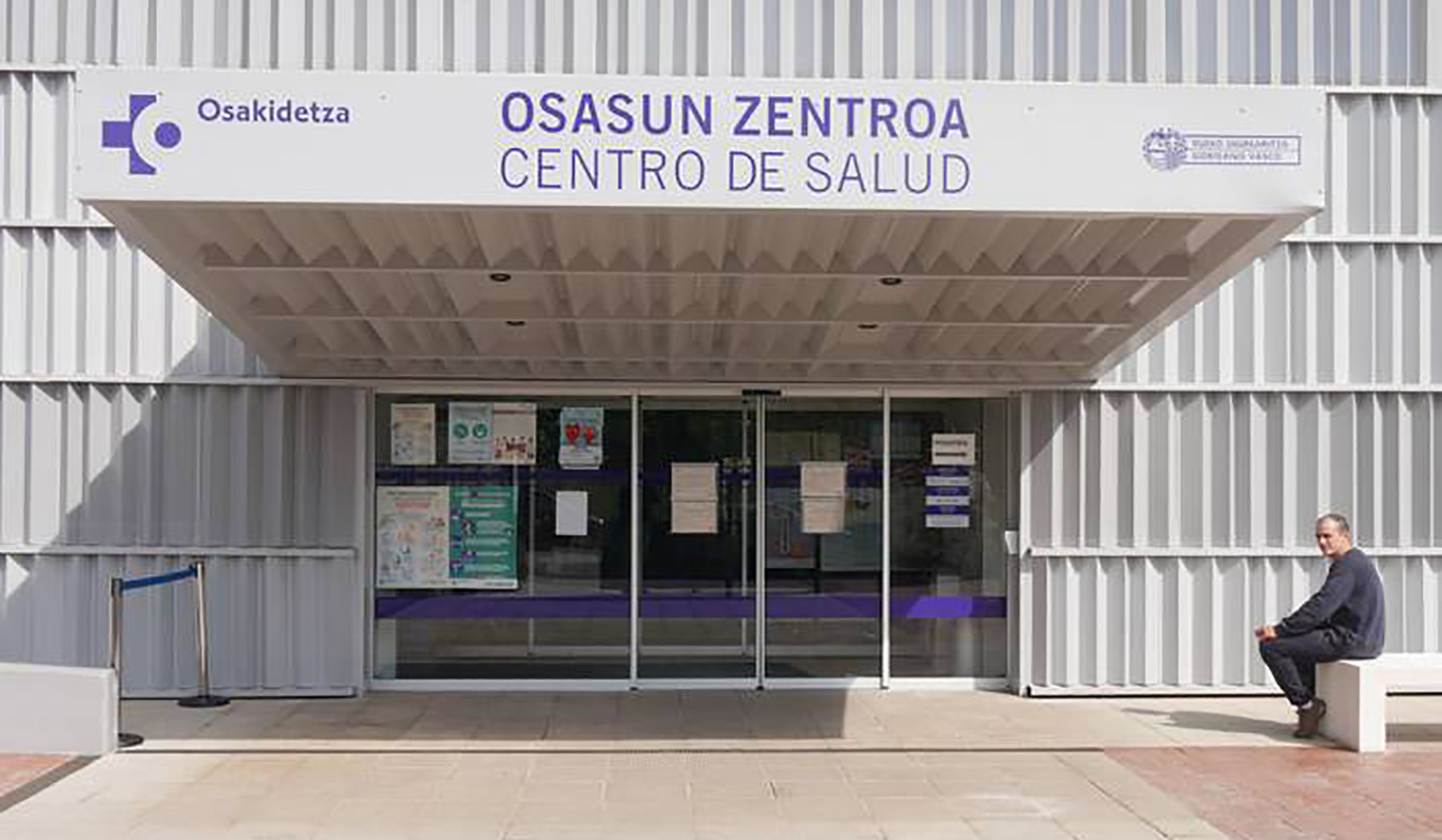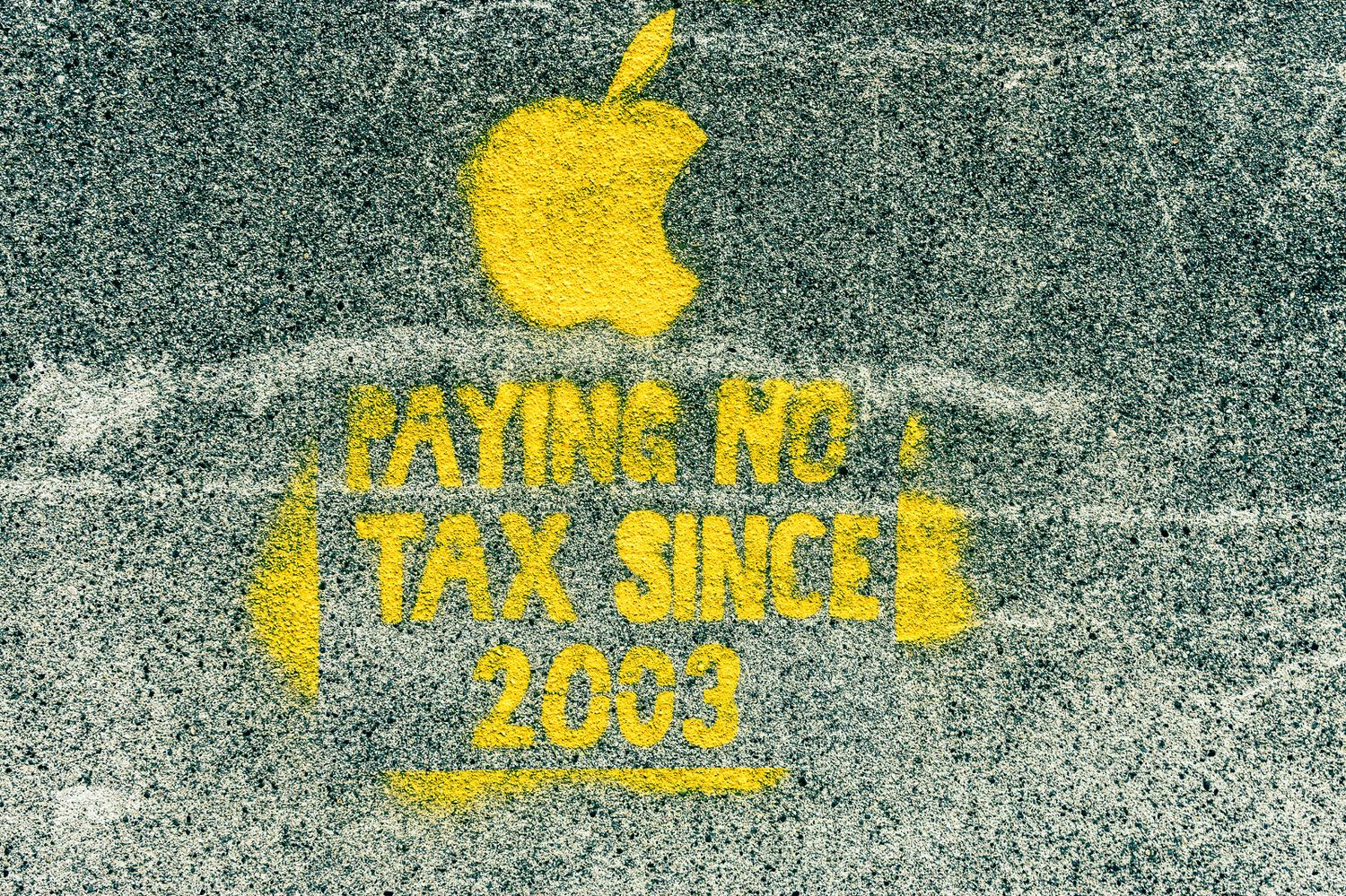"If you're afraid of the troika coming back, you have reason to do so. The troika will come back."
- The former Greek Finance Minister referred in an interview given to the daily newspaper El Diario.es to the negotiations on the recovery fund. The summit will be held this weekend and the countries of the European Union will negotiate the collection of a common fund to mitigate the effects of the coronavirus.

Negotiations for the European Union Recovery Fund (EU) begin this Friday, 17 July. The presidents of the EU Member States will meet for the first time since February, when it is known that the summit can last three days and end without agreement. More than 180,000 coronavirus deaths have already been accumulated in the EU and Brussels economic forecasts indicate that by 2020 the collapse will exceed 8%, 10.9% for the Spanish State.
Yannis Varoufakis (Falero, Greece, 1961) was a Greek Finance Minister from January to July 2015. It was the months when the Alexis Tsipras Government lost its pulse against troika-based rescue programmes and cutbacks. Five years later, the euro zone is experiencing a new crisis, which has been plagued by a pandemic. However, according to the promoter of the pan-European movement DIEM25, it is "more serious dimensions" that present the current situations. Varoufakis is now also a Member of the Greek Parliament. The Mera 25 training, which was created by it, received 3.44% of the votes and 9 seats in the July 2019 elections.
In an interview given to the newspaper El Diario.es, the economist has talked about the recovery funds and the reforms he envisages in his living conditions. "It's about to see," he replied. "My announcement is that the background doesn't matter. Spain will have a deficit of more than 10% of GDP, as will Italy and Greece. And the fund is not going to do anything with that, because it doesn't have any fiscal capacity. If the money starts to circulate in 2021 and is not brought forward, it will arrive in March 2021. Your Finance Minister is going to find a monumental deficit while Germany's deficit is approaching zero. And I have no doubt that, at a time when the German deficit is approaching zero, Berlin will put pressure on Brussels to put the deficit at four or three basic points. They will not claim zero, but they will claim less than three. And that brings massive austerity."
The return of the troika
The proposal on the table is a fund of EUR 750 billion, of which EUR 500 000 million are transfers for the states most affected by the crisis, such as Spain and Italy. "The recovery fund will be distributed under conditions", explained the former Greek minister, who added: "It's not going to come at once, there's going to be a little bit of money here, a little bit of money out there, always with the conditions that favor the company, which have a scarce multiplier effect on the Spanish macro-economy and the rest. So if you're worried about the troika coming back, you have reasons. And the troika will return, beyond the reconstruction fund, when the fiscal pact that is now in suspense and which is not going to continue in suspense for a long time is restored. This is the time when Germany’s federal budget becomes dysfunctional. And then your Finance Minister, like those of Italy, Portugal and France, is going to be oppressed very similarly to what the troika did between 2010 and 2015."
Other address
At the beginning of the pandemic, the European Commission activated the escape clause of the Stability and Growth Pact, allowing states to spend what they wanted. This measure exempted them from the 3% deficit limit and from the 60% debt limit. The proposal, which will be debated this weekend, has the version of the President of the European Council, Charles Michel, that the EU will have "new own resources" to repay the debt issued to finance the 75 billion of the reconstruction fund. Proposals from the European Commission on Carbon Tax, Digital Rate, etc. They are good ideas, but they have already been on the table and they have rejected them," Varoufakis explained. "If the European Union applies them to finance the new debt from the recovery fund, I think it would be a problem, because it is the only debt issue and needs an agreement from the European Council with a promise not to repeat it. They are therefore not Eurobonds. If they were Eurobonds, I would be partly, it would be a way of restructuring the national debt, it would stick to a part of the Spanish debt and become that of Europe, with which they would negotiate in the future. But they don't talk about it.
Address
According to Varoufakis, these proposals "overshadow the dialogue that should have been on integration and on having a minimum policy for the Eurozone". In its view, the EU is moving "in the opposite direction". This recovery fund, these and all other quantitative easing packages, i.e. the European Central Bank’s purchases to reduce the pressure on risk premiums, “are not European integration movements”, but “are made not to integrate the EU”, is what Varoufakis is most concerned about. In his view, the EU is moving “in the wrong direction”: “Some criticise the EU for going too slowly and say that it is moving in the right direction, but very slowly. It is not a criticism. My criticism is that we are moving in the wrong direction. It's not a matter of speed. It's a matter of direction.
With speed
Concerning speeds, it appears that the EU is reacting faster than in the previous crisis: The euro zone has approved a package of EUR 54bn, including EUR 200bn in guarantees from the European Investment Bank, EUR 240,000 million for expenditure arising from COVID-19 with health ESM and EUR 100,000 for Employment Regulation Files. They expect it to be available before the end of July. - Do you sincerely believe that they are in a hurry? asked Varoufakis. I mean, how calm can you go? The recovery fund will be activated next year, and the disaster being recorded is now being recorded. They refer, by God, to something that will happen next year! ". When he was reminded that decisions have been taken faster than in 2015, "yes, but that is not difficult," the former Greek minister replied: "Again, they didn't move until they collapsed everything. I don’t think they have any merit,” said the press conference technician.
“The ECB can only buy time”
At the same time, the ECB is mobilising billions to alleviate market pressure on the debt of the worst hit states, such as Spain and Italy. "The ECB can only buy time," Varoufakis said: "In 2010 he did not either, because Jean-Claude Trichet, with whom Trichet had been completely guilty, was guilty for it. And with Mario Draghi, he created the conditions to create liquidity for banks and states, starting to act like a central bank. But the problem is that these tools are no longer effective. It is printing money so that there can be credit, but the problem that Europe has to face is that of the bankruptcy of the banks and that of a central bank which can only give credit and buy time. And the last thing we need is to gain more time to keep delaying what needs to be done." Varoufakis has been asked whether he is waiting for a New Deal that has not arrived. "It's true, but we're raising a few. Over the past five years we have been working hard on designing our Green New Deal for Europe. And now we are crossing Europe’s borders with the Progressive International. But it's a very steep path.
Spain and Italy
The former minister also referred to the situation in Spain: "Spain and Italy are different, although there are people who want to compare the two countries. The main difference is that Spain has in total a greater proportion of private debt than Italy. Spain could rise if it were not due to fiscal constraints, but banks with problems, high levels of private debt and the government’s inability to act and avoid bankruptcy have paralysed it, making private debt unacceptable and unbearable. And this is because we are in a Eurofederation without the federal instruments that are necessary to influence Spain’s economic capacity.”
Power account
With regard to Italy, which has more public debt than the Spanish State, “has not been able to fall from 130% in the best years, and after this crisis, it will be even more difficult to reduce it,” the Greek said. And who cares? he asked: "The sustainability of public debt is a political issue. It's not an economic issue, and it depends on the institutions and the rules of the game you have. If you look at Japan, it has a public debt of 250 percent of GDP. And who cares? It continues to sell bonds with negative interest rates, most of the debt is in Japanese hands, they have a central bank, a trade balance surplus. And it's OK, it's sustainable. If you do not have a central bank and the central bank does not have the capacity to keep your debt, buy and park and forget it, despite the trade surplus that Spain and Italy have had, it is a political decision of the Eurogroup. Everything you need to get out of the crisis and to get your government to fall is a Eurogroup statement saying that Spain is not doing well. Nor do they have to do so formally, as it is enough to tell a few correspondent friends in Brussels: - Do you know? We have problems with Spain. He doesn't do well. And it's over. Spain is dead. That is the problem, and not that a problem arises from a certain percentage of the debt. You feel good while you have a real shared currency and policies for improving investment, and not like the euro, which is not really shared. The euro zone is not that."
The Treasury of Brussels
A debate is also taking place in Brussels on Spain, Italy and the European Union Health Rescue Fund (ESM). To the extent that Cyprus has asked for it alone, Varoufakis has been asked whether there is so much stigma. In fact, he believes that "there is a stigma, because it is the portfolio of the MEDE troika, which is legal." What signals do you send when you ask the troika for money? If the troika responds 'OK, we take it and we'll talk later,' it's like seeing the neighbor go and ask for money from the neighborhood lender. You think you're in a hurry. Even though the loan is in good condition, it is still in difficulty if you have to go to the lender. MEDE is a eurozone lender. There is no doubt that their interest rates are low, much lower than market access. But there are conditions that are linked. You must apply for it, and although in principle there are no conditions, they will be later on. And it's a sign that you go home from the neighborhood lender.
With this analysis, Varoufakis does not see the exit from the crisis: "I just know that if we continue to do the same things, there will be no recovery. Continental Europe has suffered a decline of centuries and, once again, it is in our hands. We must not be fatalistic. Tomorrow we can change things if we take our destiny into our hands. It's not worth making predictions. We have to start changing things."
Error by Sánchez
In the negotiations that will take place this weekend, Varoufakis believes that Pedro Sánchez "made a final mistake" in his political trajectory, because "he has stopped fighting for Eurobonds and surely that is why it will be marked". But Varoufakis has argued that "he is not the only Social Democrat who has done so": "The former French president, François Hollande, surrendered to Angela Merkel with the tax pact and the creation of a stability and growth pact. Or look, the former Greek Prime Minister, George Papandreou, who celebrated the rescue of Greece, and now his friends do not greet him from the street."
“They don’t control what they have in their hands”
He also referred to the leadership of Merkel and Macron, a measure that inspired the European Commission’s proposal for aid of EUR 500 billion. "They don't control what they have in their hands either. I have no doubt that Macron may be devastated by how things are going, and Merkel is a micro-manager of everyday life," said Varoufakis. He has also been sceptical about United Nations membership. We can join the Government of Spain: "Once in the government, they have lost all importance," he said, "the gaps are being filled" and, consequently, "the blame for the mistakes will be borne and the successes will have no benefit."
Pazienteek Donostiara joan behar dute arreta jasotzeko. Osasun Bidasoa plataforma herritarrak salatu du itxierak “are gehiago hondatuko” duela eskualdeko osasun publikoa.
PPrekin eta EH Bildurekin negoziazioetan porrot egin ondoren etorri da Ahal Dugurekin adostutako akordioa. Indar politiko honek aitortu duenez, maximalismoak atzean utzi eta errealitateari heldu diote, errenta baxueneko herritarren aldeko akordioa lortuta.








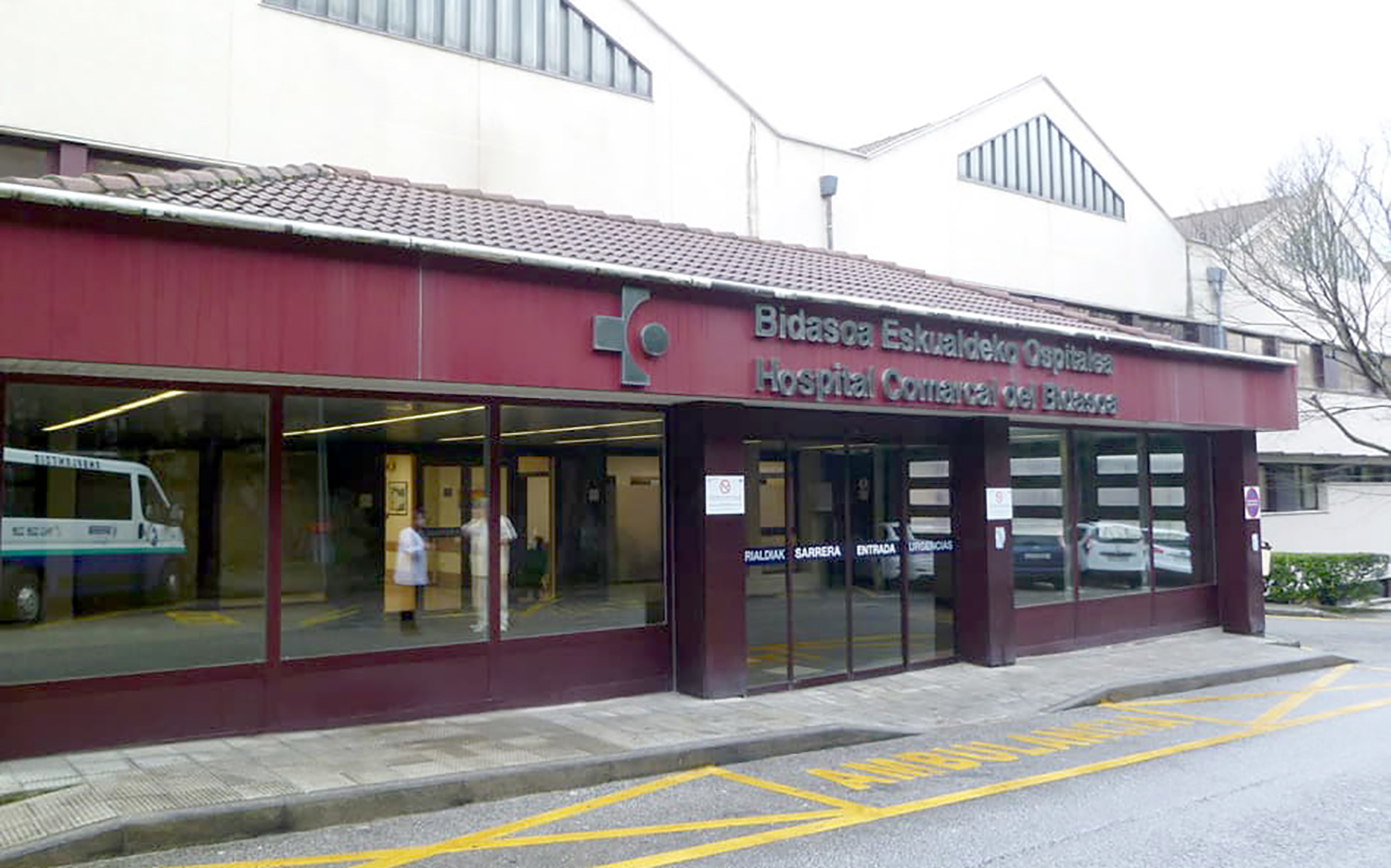
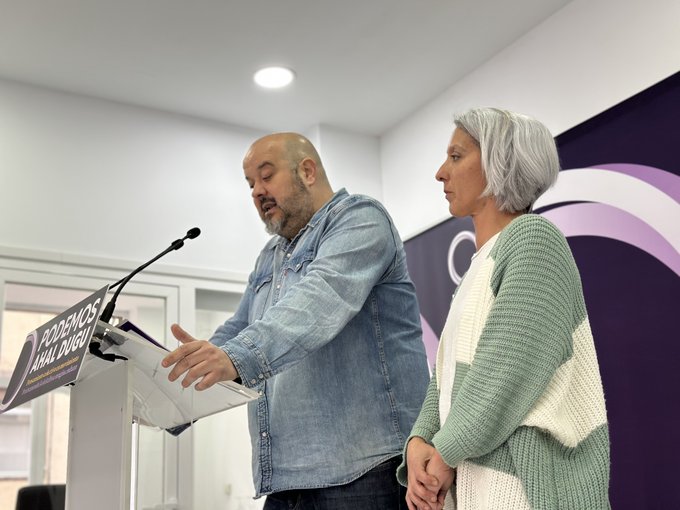

.jpg)

